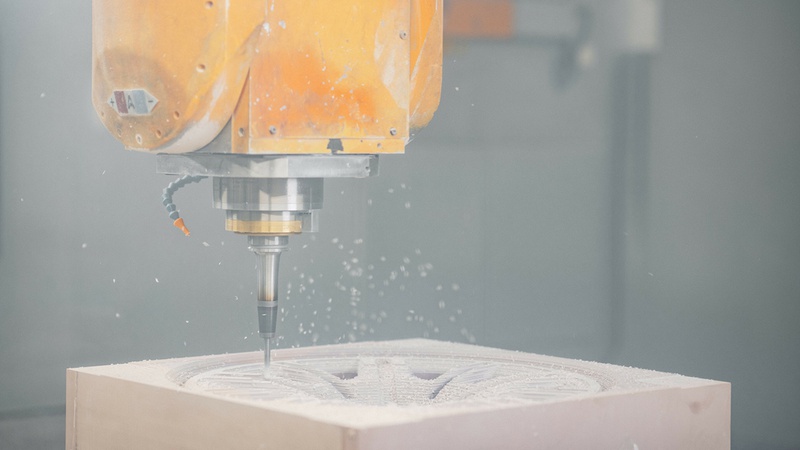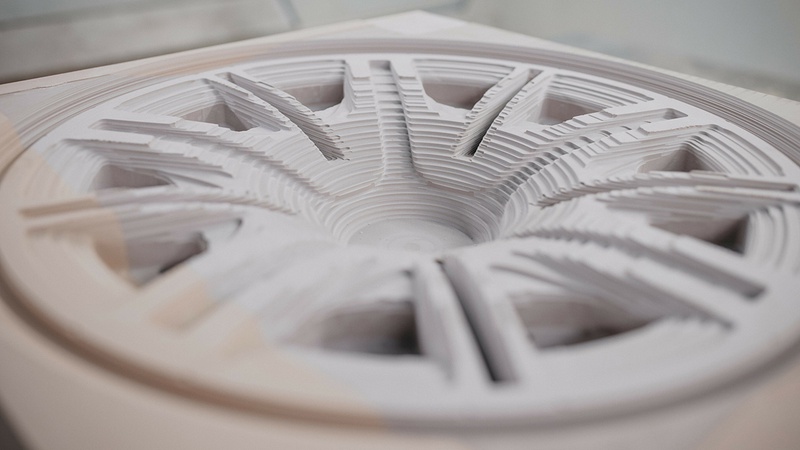The Audi Design department utilitzes FelGAN, an in-house developed tech. The name "FelGAN" is a mash-up of the German word for "rim" (Felge) and "GAN", the latter being an acronym for Generative Adversarial Networks. GANs are a special form of self-learning computer program in which two algorithms compete as opponents during the so-called training, becoming better and better in competition with each other.
It works like this: One of the two algorithms, the "generator", makes artificial images of a specific motif - in the case of FelGAN, a vehicle rim. The discriminator - the competitor, so to speak - sees a selection of images, consisting of real wheel photos alongside images from the generator. Now the discriminator decides whether each image is a creation of the generator or a real photo. This process is repeated again and again until training is completed.
Both algorithms are designed to learn from their mistakes and improve continuously. As Audi explained in its press release, "after enough runs, the generator's creations are so deceptively real that even the human eye cannot, or can only barely, distinguish them from real photos."
The AI-designed rims will serve as an inspiration for designers - a kind of spontaneous idea hub for Audi's rim design team. It also allows them to exchange new versions and variations. And ultimately, the tool lets designers easily experiment with shape, color, surface structure, and other parameters in real-time.
This new design process isn't completely reliant on AI ideas. Audi designers can also feed the program with their own designs and photos, adding them to the virtual experimental surface. The final step in this design process is to turn the virtual designs into something tangible by producing a prototype of the wheel. This will be either in plastic or aluminum, made using a high-tech milling machine.


Thomas Knispel, Head of Machine Learning & Data Science at Audi: "In the modern age, data bring immense added value for companies and their employees. Audi has committed to the goal of becoming a data-driven company. To this end, we are going to use AI in many departments. So our data team is always on the lookout for new technologies."
Source: Audi
.jpg)

